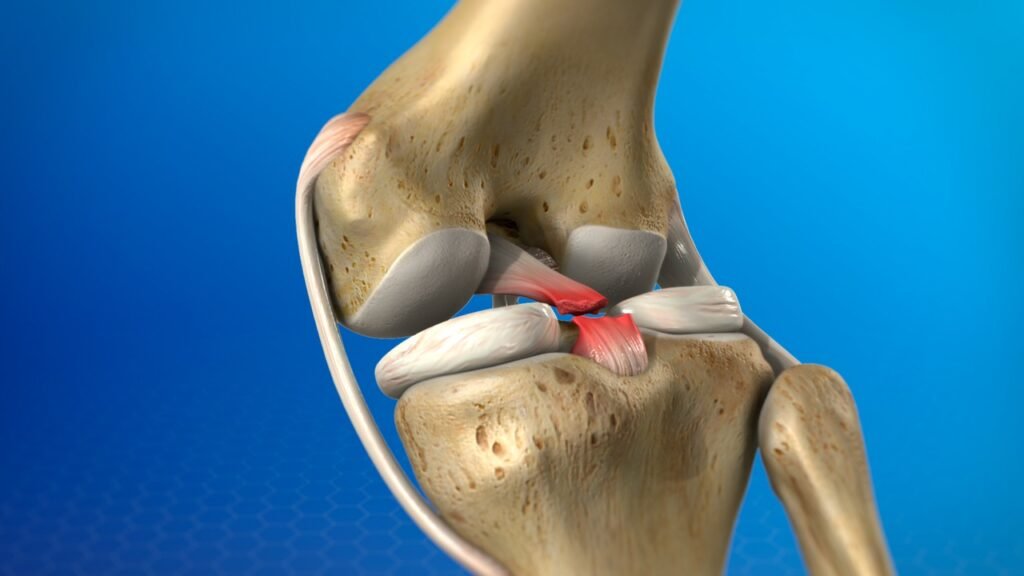PCL Tear Miramar
PCL Tear Miramar
If you’ve recently experienced a fall, direct impact, or sports-related injury and are now dealing with knee pain, swelling, or instability, a PCL (posterior cruciate ligament) tear may be the cause. At Theracave in Miramar, we specialize in non-surgical physical therapy for PCL injuries, using targeted techniques to reduce pain, improve knee stability, and restore functional movement. Our one-on-one approach ensures your care plan is personalized to your recovery goals and lifestyle.
The PCL is one of the main stabilizing ligaments in the knee, preventing the shinbone from moving too far backward. Though less common than ACL tears, PCL injuries can significantly affect mobility if left untreated. At Theracave in Miramar, we begin with a detailed evaluation to assess the severity of your injury, then design a progressive rehabilitation plan focused on strength, flexibility, and joint control. With consistent therapy and expert guidance, many clients achieve full recovery without the need for surgery.

Causes:
Symptoms
How Theracave Help Us?
Areas We Serve:
- Broward
- Davie
- Sunrise
- Tamarac
- Miramar
- Lauderhill
- Plantation
- Hollywood
- Coral Springs
- Fort Lauderdale
- Pembroke Pines
- Deerfield Beach
- Pompano Beach
Q&A
What is a PCL tear and how is it different from an ACL tear?
A PCL tear affects the posterior cruciate ligament, located behind the knee, and is often caused by direct impact or falling on a bent knee. Unlike an ACL tear, which is more common and often results from pivoting or twisting, PCL injuries are typically the result of trauma.
Do all PCL tears require surgery?
No. Many partial or isolated PCL tears can be treated conservatively with physical therapy, bracing, and activity modification. Surgery is usually reserved for complete tears or those involving multiple knee structures.
How long does it take to recover from a PCL tear?
Recovery times vary. Non-surgical cases may take 6–12 weeks with consistent therapy. Post-surgical rehab often takes 4–6 months or more, depending on the severity of the injury and individual progress.
Can I return to sports after a PCL tear?
Yes. Most individuals return to sports or high-impact activities after completing a structured rehab program. Physical therapy helps restore knee strength, control, and confidence before resuming intense movement.
What Customers Are Saying
Our Process
How It Works?
Reach out to us via our online form or call to schedule an initial assessment.
Based on your unique needs, we develop a tailored therapy program.
Our professionals guide you through each session, focusing on effective rehabilitation.

